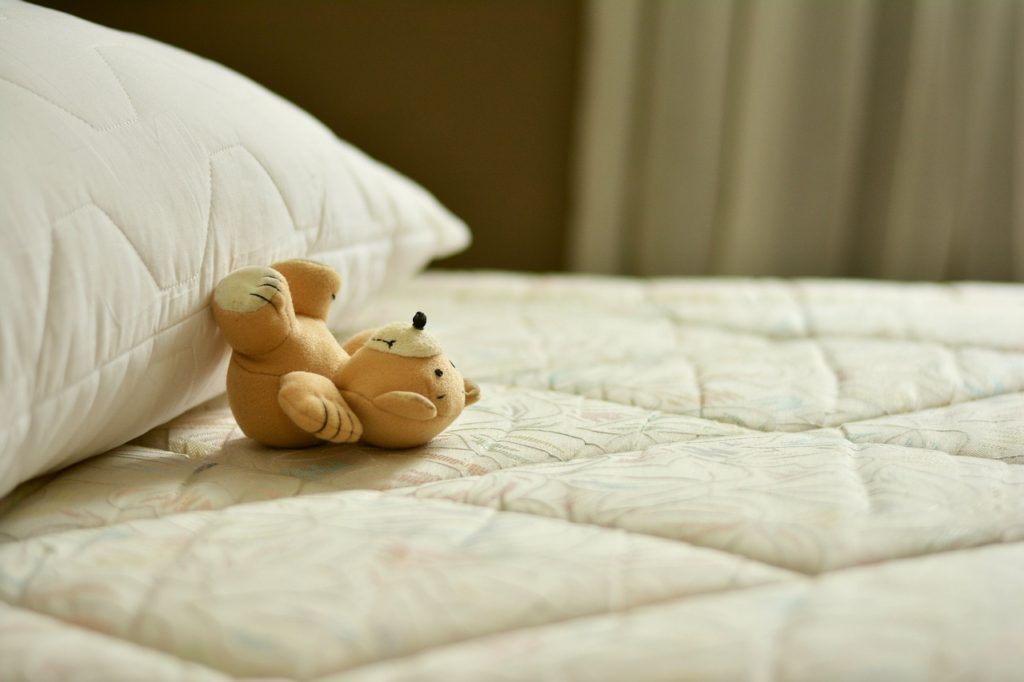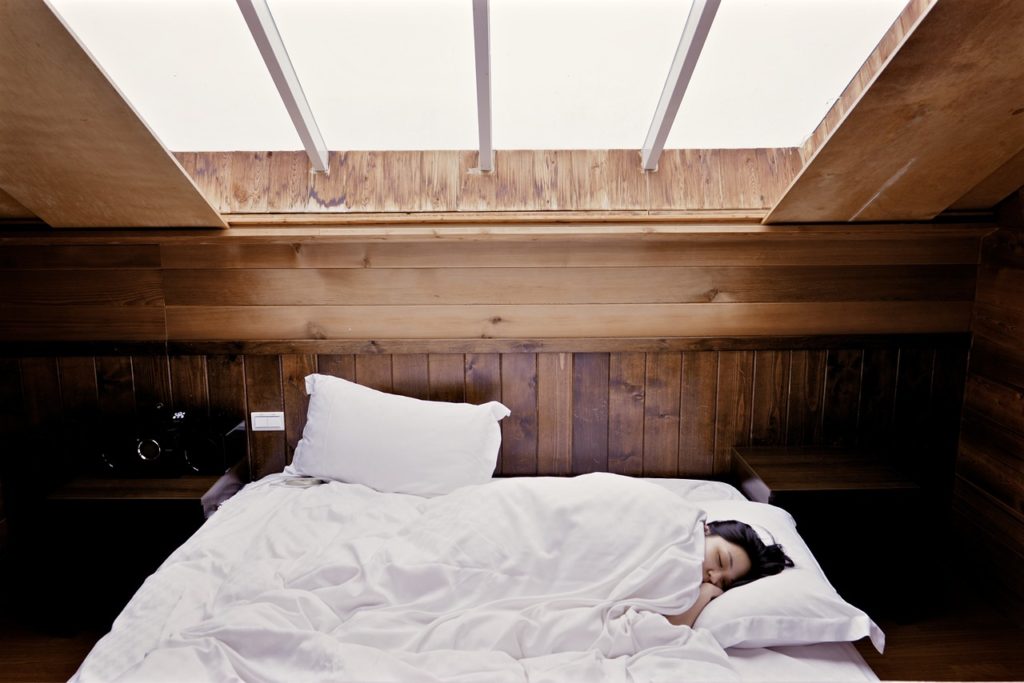
There are many reasons why we sometimes need to sleep in the daytime. You might work shifts, or always work late nights, which means that daylight hours are often your only chance to get a good amount of sleep. You might have a young baby that’s often up at night, needing daytime naps to catch up on your rest. Your need for daytime sleep might be short-term because you or someone in your household is ill. There are plenty of reasons why we sometimes need to have a good sleep in the daytime. But it’s rarely easy. Our bodies are used to sleeping at night. You’ve spent years going to bed in the evening and waking up in the morning. You might find it easy to take a short power nap in the afternoon, but getting in bed for a proper sleep is something completely different. Sleeping at night time is a habit that most of us struggle to break. With that in mind, here’s a look at some tips to help you to get to grips with daytime sleeping, whether it’ll be for only a few days or a much more extended period.

Invest in Blackout Curtains
Is it really easier to sleep when it’s dark, or is it just what we’re used to? It’s probably a bit of both. When it’s dark at night time, it’s also quieter, and there are fewer distractions. Light on the other hand, stimulates our minds and gives us plenty to look at.
Making sure your bedroom is dark with blackout curtains and drapes, and you’ll find it much easier to doze off. There’ll be no light to stimulate, and the less that you can see, the harder it will be to become distracted.
Avoid the Sunshine
If you haven’t got blackout curtains, you might find merely avoiding the light, especially on a sunny day, can be helpful. When the sun is shining in your bedroom, don’t try to sleep in it. Find another area of your house that’s out of direct sunlight, and you might find it easier to get to sleep.
Have a Bedtime Routine
Routines are great. Our bodies adjust. They get used to things, and they start to expect them. This goes for bedtime as much as anything else. So, try to get into a routine. Whatever time you are going to bed, whether it is day or night, get into the habit of doing the same things first, and your body will start to read the clues. You might want to have a milky drink before bed or spend a few minutes reading before you go to sleep. Some people find a warm bath helps them to relax. This routine shouldn’t include your phone or any other devices and should be as quiet as possible. Try a few things out to find a routine that suits your lifestyle, and stick to it, no matter what the time is.
Exercise
The need for daytime sleep often means that our lifestyles are a bit up and down. You might be tired, busy and stressed out, and it can be hard to fit exercise in. But, even a little exercise each day can help you to get to sleep, whether it is day or night. If you work nights, try walking home. Even a short amount of exercise can tire your body, boost your mood, help you to relax and aid sleep enormously.
Avoid Caffeine
When we go to bed at night, most of us know that we should avoid caffeine in the few hours before bedtime. But, this can be harder to remember when we are going to bed in the morning when everyone else is sipping their first coffee of the day. Caffeine will always make it harder to sleep, no matter how tired you are or what time it is. Avoid it in the hours before bed. Even if you are so tired, you feel as though you need it.
Think About the Temperature
At night, you might have your heating on for a few hours before bed to make sure your bedroom is warm and cozy. A consistent temperature is an essential aid to sleep. But, it can actually be harder to achieve in the day time. On a warm day, you might need a fan to cool your room, and on a cooler day, you might need to turn the heating on to help you sleep.
Put Out a Do Not Disturb
One of the hardest things about sleeping in the daytime is that no one else is. Your family and friends might be awake. People might be coming and going at home, and your phone might be vibrating. Leave your phone in another room, and make sure everyone in your household knows that you will be going to bed and that you need to sleep.